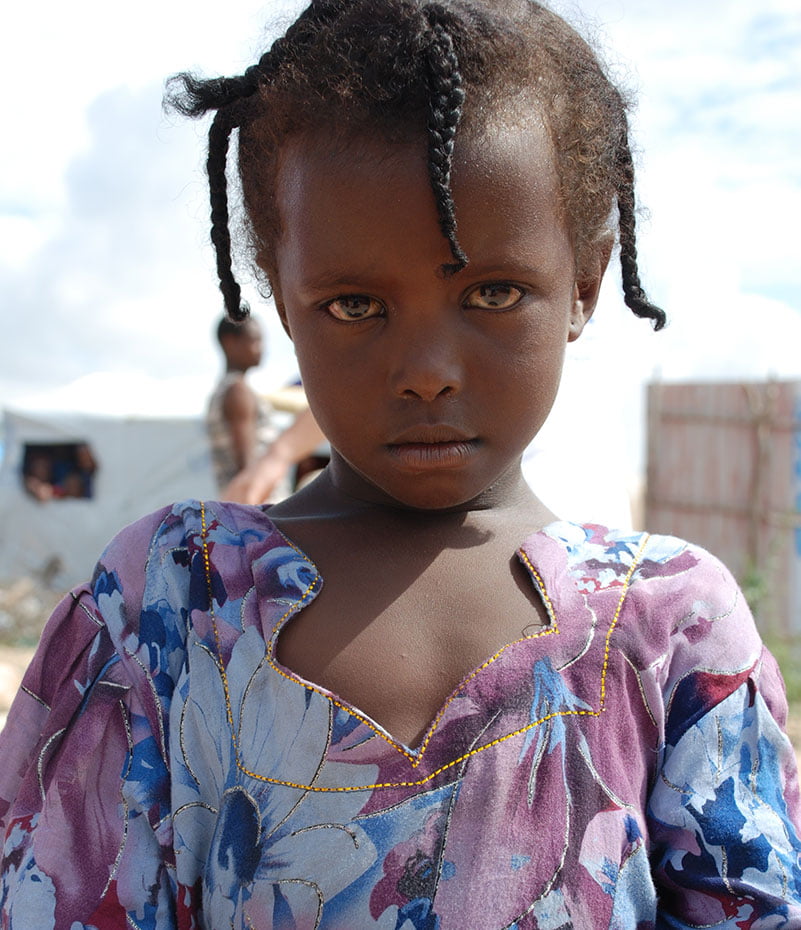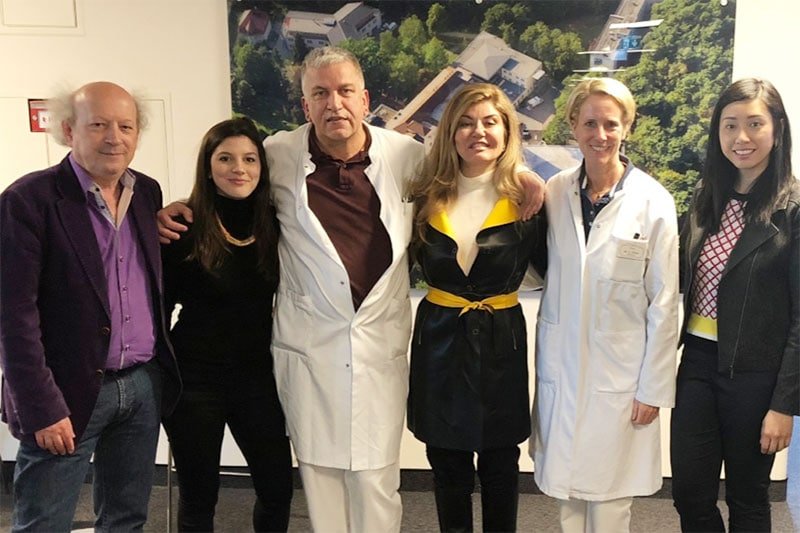Reversal of Female Genital Mutilation
Desert Flower South Australia offers holistic care for women and girls who are survivors of female genital mutilation (FGM). Located in Adelaide, Desert Flower South Australia is a branch of the internationally recognized Desert Flower Foundation. It aims to offer holistic, comprehensive gynaecological, urological and psychological treatment, as well as reconstructive surgery for survivors of FGM.

Background
It is estimated that between 53,000 (1) – 200,000+ women living in Australia have undergone FGM, and yet there is very little specialised medical support for women who have experienced FGM-related trauma. FGM can result in a variety of ongoing reproductive and urological complications. Many women are confronted not only with the short-term complications associated with FGM, but also long-term issues that arise when wanting to commence sexual relations or have children. The Australian Medical Association notes that FGM survivors are likely to need significant specialised medical care, particularly during pregnancy, birth and the immediate postnatal period.
The recognition of this gap and the need to provide medical care for FGM survivors led to the establishment of Desert Flower South Australia. The idea for Desert Flower South Australia was first initiated by Nadia Willison. She dedicated her 21st birthday to raising funds for the establishment of Desert Flower South Australia and No-FGM. Nadia is the Co-Founder of Desert Flower South Australia and Director of Eve On 21
Desert Flower South Australia believes access to surgery and appropriate medical care for women who have faced sexual and physical assault through FGM is a human right. Desert Flower South Australia aims to help survivors overcome the effects of FGM by facilitating access to reconstructive surgery and psychological support services.
Desert Flower South Australia has opened an inclusive, stigma-free space for free-of-charge medical treatment, counselling and education of Australian women, stakeholders and communities affected by FGM.
Desert Flower South Australia has established an innovative health clinic that provides:
- Treatment of discomfort and pain, infections and complications from FGM
- Reduction of birth risks for mother and child according to FGM
- Surgical reconstruction of the female genitalia
- Psychological, social and intercultural counselling
- Peer support group for women
- Community engagement educational workshops
- No cost treatment services for affected women
Click on images above to see larger version.
What is FGM?
Every 11 seconds one little girl in the world is cut and subjected to female genital mutilation, often resulting in a lifetime of trauma and physical and psychological pain.
The World Health Organisation (WHO) has defined female genital mutilation as comprising “all procedures involving partial or total removal of the female external genitalia or other injury to the female genital organs whether for cultural or other non-therapeutic reasons.”
FGM is performed on women and girls at a range of ages including babies. In some cultures FGM is performed to curb a young woman’s sexuality from a young age. As she grows the permanent trauma done to her sexual organs results in a range of physical, psychosocial and social problems as a survivor. There is no medical reason for the procedure which can result in infections, shock, bleeding, chronic pain, reproductive issues and death.
FGM is practiced globally on every continent except Antarctica and including western countries such as Australia, the USA, the UK and Europe. FGM is a violation of human rights and is illegal in all states and territories of Australia.

The complete typology of FGM with sub-divisions is described below:
Type I— Partial or total removal of the clitoris and/or the prepuce (clitoridectomy). When it is important to distinguish between the major variations of Type I mutilation, the following subdivisions are proposed:
- Type Ia, removal of the clitoral hood or prepuce only;
- Type Ib, removal of the clitoris with the prepuce.
Type II— Partial or total removal of the clitoris and the labia minora, with or without excision of the labia majora (excision). When it is important to distinguish between the major variations that have been documented, the following subdivisions are proposed:
- Type IIa, removal of the labia minora only;
- Type IIb, partial or total removal of the clitoris and the labia minora;
- Type IIc, partial or total removal of the clitoris, the labia minora and the labia majora.
Type III— Narrowing of the vaginal orifice with creation of a covering seal by cutting and appositioning the labia minora and/or the labia majora, with or without excision of the clitoris (infibulation). When it is important to distinguish between variations in infibulations, the following subdivisions are proposed:
- Type IIIa, removal and apposition of the labia minora;
- Type IIIb, removal and apposition of the labia majora.
Type IV — All other harmful procedures to the female genitalia for non-medical purposes, for example: pricking, piercing, incising, scraping and cauterisation.

At least 200 million girls and women live today living in 31 countries have undergone FGM
WHO, 2023
If FGM practices continue at recent levels, 68 million girls will be cut between 2015 and 2030 in 25 countries where FGM is routinely practiced and more recent data are available.
Are Australian girls at risk of FGM?
Yes, Australian girls are at risk of female genital mutilation. In Australia there have been several successful prosecutions involving girls who have either had FGM in Australia or been taken overseas for FGM. In addition, professionals are aware of girls being taken for FGM and doctors have been asked to perform female genital mutilation.
Want to get involved?
Please contact our friendly staff at FBW Gynaecology Plus to receive updates on Desert Flower South Australia.
You can assist us with your skills and donations.




